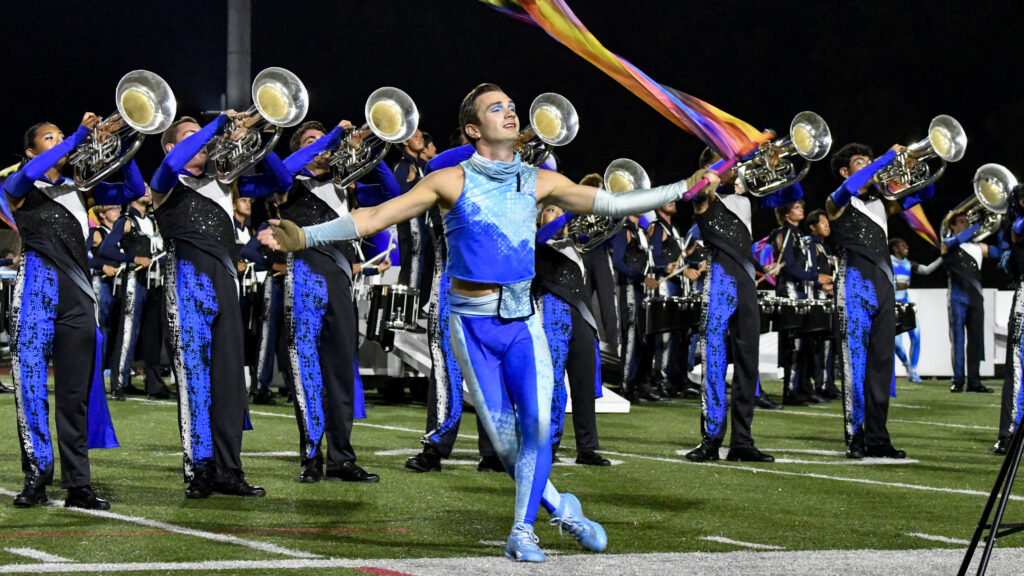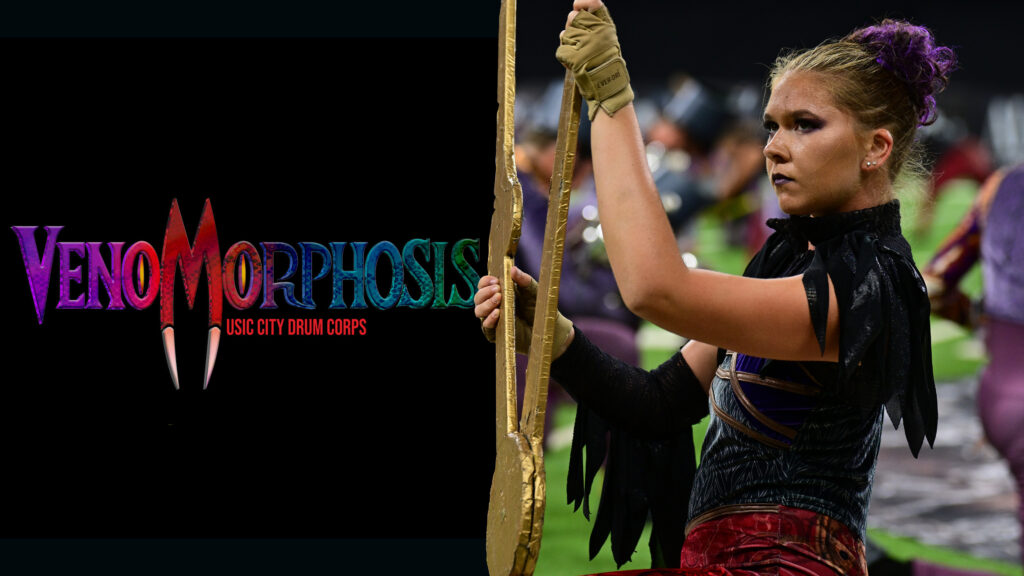Once again has come the time of year when drum corps fans of all sorts debate about this year’s rules proposals. A small, yet very vocal group of fans populate the usual Internet drum corps hangouts, and the discussion can become quite heated, to put it nicely. Arguments ensue over what exactly the future of this activity should be. Some embrace change, some do not. The one thing they all have in common: Ravenous passion for the drum corps experience.

Can you think of any other activity that elicits the type of responses from its observers that drum corps does when the annual board meetings come up each year? The first order of business is figuring out who these individuals are, and why they are so seemingly stubborn. Most of the time, they are people who have marched and aged-out. Can you think of any other activity where a large plurality of the audience used to take part in that activity? For the extreme majority, the people who watch professional football never took one snap, audiences in Broadway shows never sang the part of the Phantom, and your average radio listener probably never made a platinum record. Much to its credit, drum corps is a profoundly life-changing experience. The summers spent marching stay with a person for as long as they will live. To each person, drum corps is unique and different. The second you step off the field for the last time, the way “you” did it ceases to exist. Over my six years, the activity has certainly evolved, mostly for the better, but the experience remains essentially the same.I believe it to be a testament to the greatness of the drum corps experience, that any sort of adjustment to drum corps brings such passionate response from its former members. People are very quick to defend “their” drum corps, simply because that is what they know as the activity. This is neither good or bad. It is different for everyone! For some it is valve/rotor bugles, timp tom trios, honor guards, and high mark time. For others, it is two-valve bugles, asymmetrical drill, and rifle lines on their backs. For the next group, it will be B-flat instruments, audible pits, and dance classes that Martha Graham would be proud of. Through all of these changes, one thing has remained the same by being exceedingly lucid: The drum corps experience. You know — living on a bus with 45 of your closest friends, rehearsing in 100-degree heat, really heinous tan lines, making friendships that will last forever, making people clap, learning time-management skills, seeing the country, and, oh yes, having the wonderful, educational experience that I have discussed in earlier columns. The current shift is merely a small step toward whatever the next paradigm of the activity known as “drum corps” becomes. The really cool thing is that “drum corps” does not represent the physical actuality of the individual units, but rather an experience and a genre all its own. It unifies, it divides, it excites, it entertains, it changes, it teaches. Most of all, it incites passion in its participants. It is magnificent in every facet of its being. It makes me smile when I think about what today’s top show designers will come up with, now that they are allowed to use another universe of sounds. It will, I think, be something for the ages. — For all the faithful readers out there expecting some advice on how to prepare for tour, I do apologize. I was given the opportunity to attend the DCI meeting last weekend, and I think this was an important piece to write. Back to your regularly scheduled programming next time around. Send your comments, suggestions and ideas for Authentic cadence to [email protected] Sam Saunders is a psychology major at the University of South Florida. He has been in the Cadets since 1998. The 2003 season will be his second as drum major, as well as his age-out. His prized possessions include his Macintosh, his rubber plant, his Miles Davis CDs and his William Faulkner book collection. Sam lives in Temple Terrace, Fla., with his roommate, Devin, who aged out of the Blue Devils in 2001.





